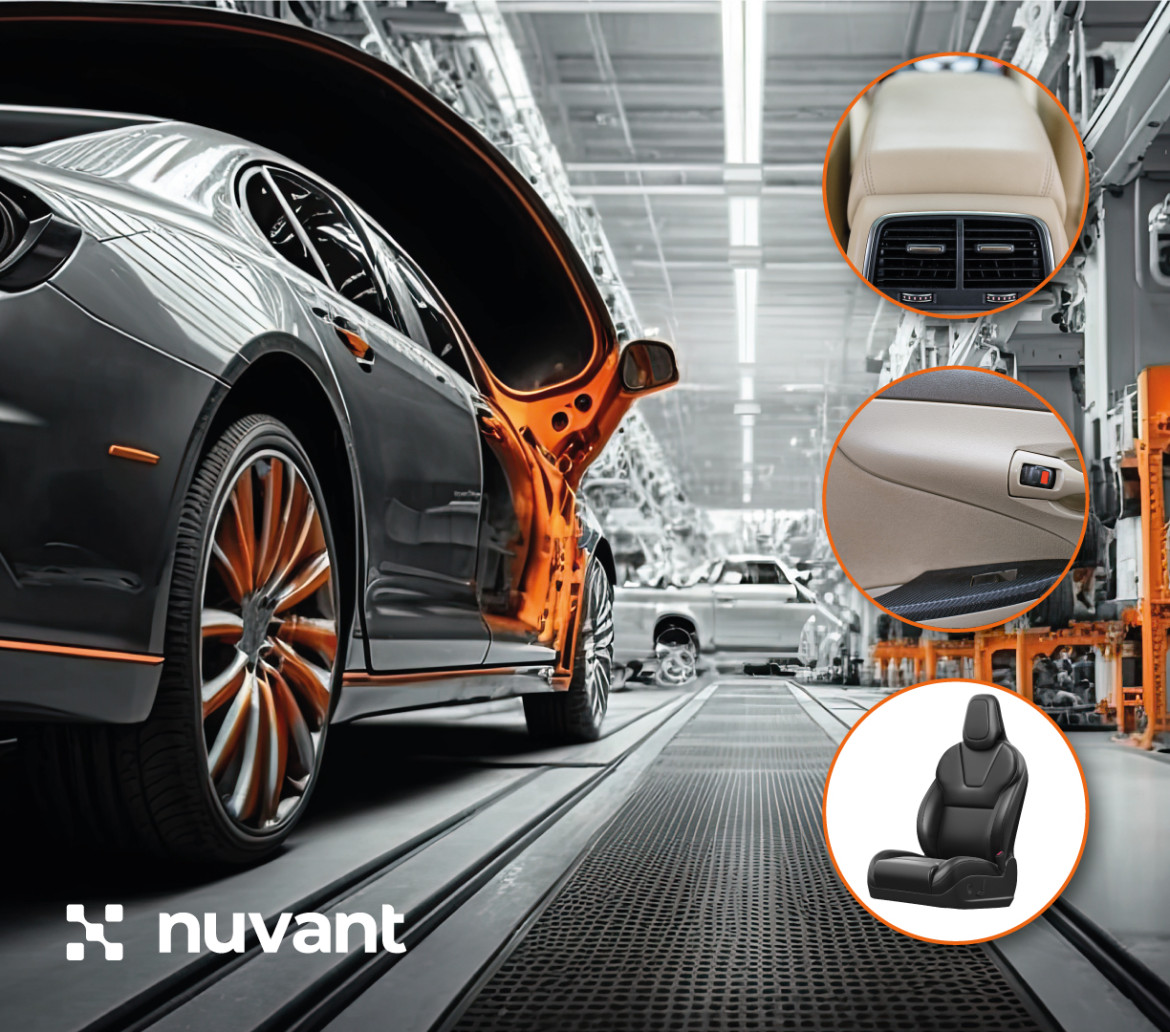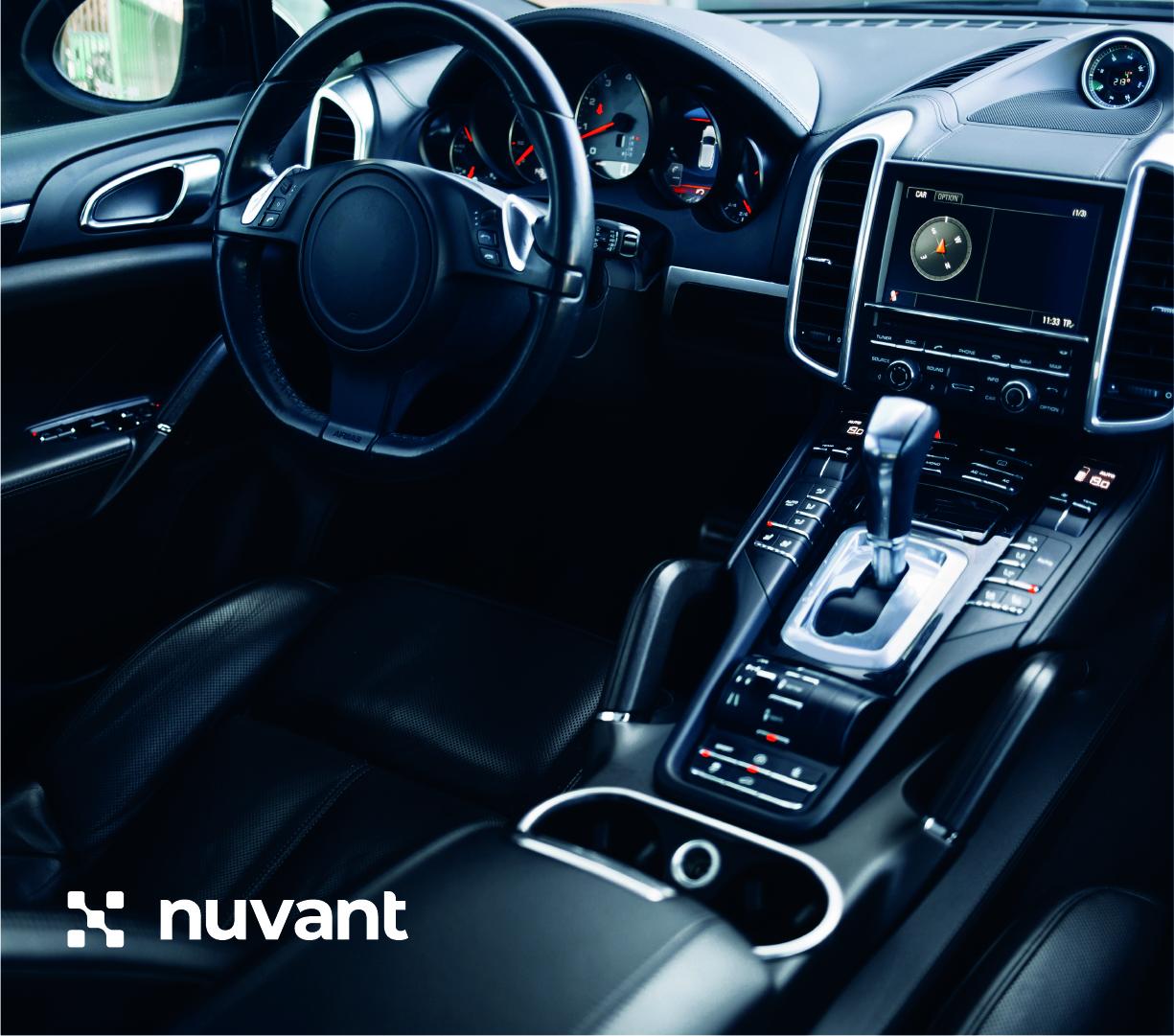
In the growing automotive industry, the demand for coated textiles is constantly increasing. These versatile and durable materials play a critical role in vehicle production, providing strength, stability, and safety in a variety of conditions. In addition, its low weight and sustainability are aligned with market trends, promoting greater efficiency and reduction of emissions. Leading companies in the textile sector have been able to take advantage of this opportunity, developing innovative solutions that meet the demanding technical specifications of the automotive industry and establishing strategic partnerships with renowned manufacturers.
According to a recent report by Facts and Factors, the global market for coated fabrics was worth approximately USD 25,196.5 million in 2021 and is estimated to grow to USD 31,333.7 million in 2028. For its part, the industry automotive is a major driver of this market. Taking both industries into account, the demand for coated textiles in vehicle production is anticipated to continue to grow, driven by increased concerns for safety, efficiency and sustainability.
The demand for coated textiles in the automotive sector is largely due to their versatility and durability. These materials are used in a variety of applications, from automotive interiors to headliners, door panels, and seats. In addition, they offer acoustic and thermal insulation properties, which makes them ideal for use in vehicles. According to a report by MarketsandMarkets, the global market for automotive coated textiles has had an annual growth rate of 5.59% since 2017.
As the need to manufacture lighter, stronger and more sustainable materials in the automotive industry advances, the offer of companies that present innovative solutions and at the forefront of market trends stand out for their commitment to quality and their ability to offer customized textile solutions for satisfy the specific needs of each client and an extremely demanding market.
It is clear that the global automobile manufacturing industry is one of the largest in the world, producing 60 million vehicles annually, representing around 50% of world oil consumption. This industry directly employs 4 million people and even more indirectly through the businesses it supports. In this context, companies like Nuvant have stood out as one of the main suppliers of coated textiles in the automotive market, working with renowned brands such as Jeep, Dodge, Cadillac and Toyota. Thanks to its innovative offer of textiles, it has led the trend of the incursion of the textile industry in the automotive sector and has been able to successfully supply Tier 1, Tier 2 and OEM companies in the production of parts and components of vehicle models of the automotive market, including high-traffic textiles for public transportation.

"At Nuvant, we not only focus on the innovation and quality of our products, but we also value the human and social impact that we can generate through our work in the automotive industry. We are committed to offering advanced textile solutions that not only satisfy the technical demands of our customers, but also improve the development of sustainable materials, with recycled and bio-based raw materials offering an innovative experience to the end users of the vehicles.
We know that our products are a fundamental part of the comfort and safety of drivers and passengers, which is why we work hard on research and development of materials that offer added value to vehicles. In short, our vision is to be a reliable and sustainable partner in the automotive supply chain, providing not only advanced textile solutions, but also human and social values that positively impact society in general", says Carlos Mario Zapata General Manager from Nuvant Colombia.
On Saturday June 10 in the Blu Radio Autos program, Nuvant and the automotive industry are mentioned. Ricardo Soler, director of the program and leader in the automotive sector, revealed the statement and the company's commitment.
Learn more:
https://omny.fm/shows/autos-y-motos/autos-y-motos-podcast-2023-6-10
